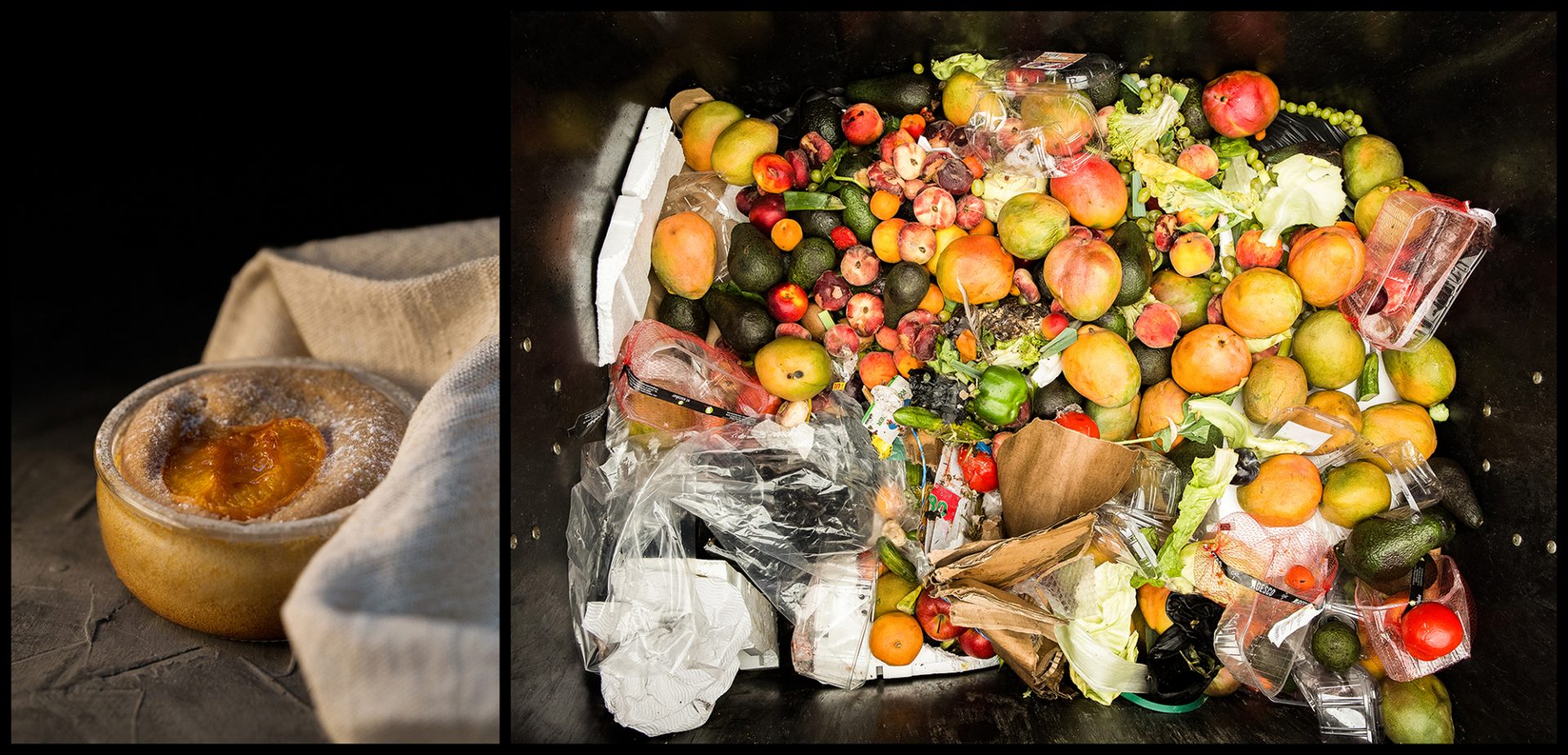Award 2021
Welcome to the Social Art Award 2021 – Online Gallery!
We are grateful for the many inspiring contributions from artists around the world. The selected works reflect a broad spectrum of contemporary social art practices and explore new relationships between humans, nature, and technology. They address themes such as ecological regeneration, climate justice, sustainable futures, social resilience, and more-than-human perspectives.
Below you will find the submissions from the Social Art Award 2021 – New Greening edition that passed the initial jury round. The Online Gallery offers public visibility to these works and encourages dialogue around their ideas and approaches; it does not replace the final jury decision.
Thank you to all artists for sharing your visionary and committed work. We invite you to explore the gallery and engage with the perspectives shaping New Greening.
Trash Reverted
Clio Squadroni
Walking through the city, everywhere we look, we are surrounded by pictures representing food. We see them in front of restaurants and bars, passing by shops and supermarkets; and we can eat what we want, whenever we want. However, all these wonderful food pictures we see around completely disguise the reality behind the food they are presenting: the industrialized food production system is trash. Those same pictures are also part of the construct that makes us perceive food as a commodity, pushing us to enter supermarkets, and, surrounded by tons of products in attractive packages, grab things that we probably do not need, or even worse, that we will simply not consume. Throughout the whole industrial food production system, from farms to fridges, food is trashed. One-third of all the food produced in the world - approximately 1.3 billion tons - is lost or wasted every year. Dumpster diving is an activity that consists in collecting, from trash bins, what the big markets and shops discard and take for “unsaleable”: most of the time, they are things in good condition and edible, but no longer perfect and therefore rejected by the market. The activity is performed not only by people out of necessity, but also by organized groups and, more generally, by people who are aware of the big waste that is behind our way of conceiving food today. The food you see was produced not with any special recipe, but with the actual food found in the trash. Starting from what you have, instead of what you need, is in fact a good way of thinking. The focus of this project is to encourage the observer to become fully aware of its food consumption and to show what can be done with what the system calls “junk”.
Walking through the city, everywhere we look, we are surrounded by pictures representing food. We see them in front of restaurants and bars, passing by shops and supermarkets; and we can eat what we want, whenever we want. However, all these wonderful food pictures we see around completely disguise the reality behind the food they are presenting: the industrialized food production system is trash. Those same pictures are also part of the construct that makes us perceive food as a commodity, pushing us to enter supermarkets, and, surrounded by tons of products in attractive packages, grab things that we probably do not need, or even worse, that we will simply not consume. Throughout the whole industrial food production system, from farms to fridges, food is trashed. One-third of all the food produced in the world - approximately 1.3 billion tons - is lost or wasted every year. Dumpster diving is an activity that consists in collecting, from trash bins, what the big markets and shops discard and take for “unsaleable”: most of the time, they are things in good condition and edible, but no longer perfect and therefore rejected by the market. The activity is performed not only by people out of necessity, but also by organized groups and, more generally, by people who are aware of the big waste that is behind our way of conceiving food today. The food you see was produced not with any special recipe, but with the actual food found in the trash. Starting from what you have, instead of what you need, is in fact a good way of thinking. The focus of this project is to encourage the observer to become fully aware of its food consumption and to show what can be done with what the system calls “junk”.



